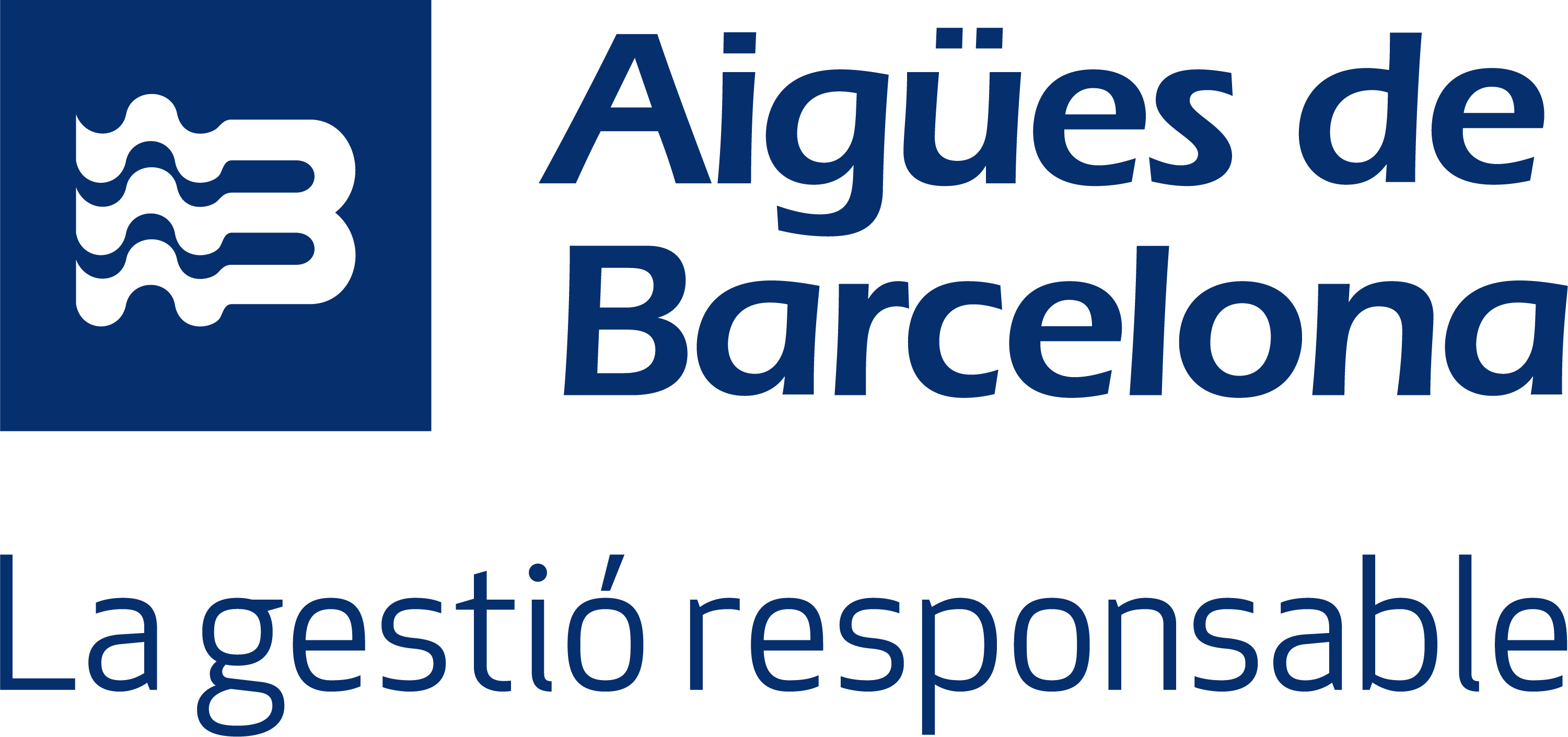21 de April de 2022
How to face the previous weeks of the Marató
A little more than two weeks before the race and with the long run done, it’s time to pay attention to other important elements in terms of food and nutrition during the race, activation routine, rest the day before, training time or running shoes.
Once the long run has been completed, the last 2 or 3 weeks, depending on the athlete, are for fine tuning. This is characterized by a few weeks of decreasing volume, until you reduce up to 50-70% of your volume compared to your heaviest weeks, with the aim of gradually eliminating fatigue and arriving at the key day well-rested. However, you must maintain at least 1 session per week of intensity, so as not to lose adaptations that you have been working on for months.
In these last weeks, invisible training is very important; everything that is not running and that will be key to the success of the day marked in red on the calendar. Maintain a healthy diet, avoid excesses, gradually work your way up to your race weight and take care of your rest and recovery. Before heavy weeks, try to go to the physiotherapist and make sure that you can face the following weeks in good condition. However, separate the physio sessions from the high intensity or high volume sessions and try to have at least one light training session in between. On the other hand, as you find yourself rested during your training, avoid training exhibitions… they will only generate fatigue and may condition your final performance. So, stick to the pace you’re riding, and if you’re doing well, on race day, you’ll be able to show your potential in the final kilometers.
Last but not least, all athletes have doubts in the weeks before the Marató! Running a marathon is a challenge for professionals and amateurs alike. Doubts come and go in our heads… Will I be able to do it? Have I trained enough? Maybe I could have done more kilometers? Am I prepared enough? If you didn’t have nerves and uncertainty before a marathon, you would be an alien.
Accept them as they are, because you know that when they appear, they are normal. Trust in the work done, because it is a way of months that leads you to the key day and to make no mistakes… There isn’t a perfect planning. All athletes have days that they have not been able to train because of discomfort, work, commitments…
So, don’t want to make up for the work you didn’t do during your training.





































